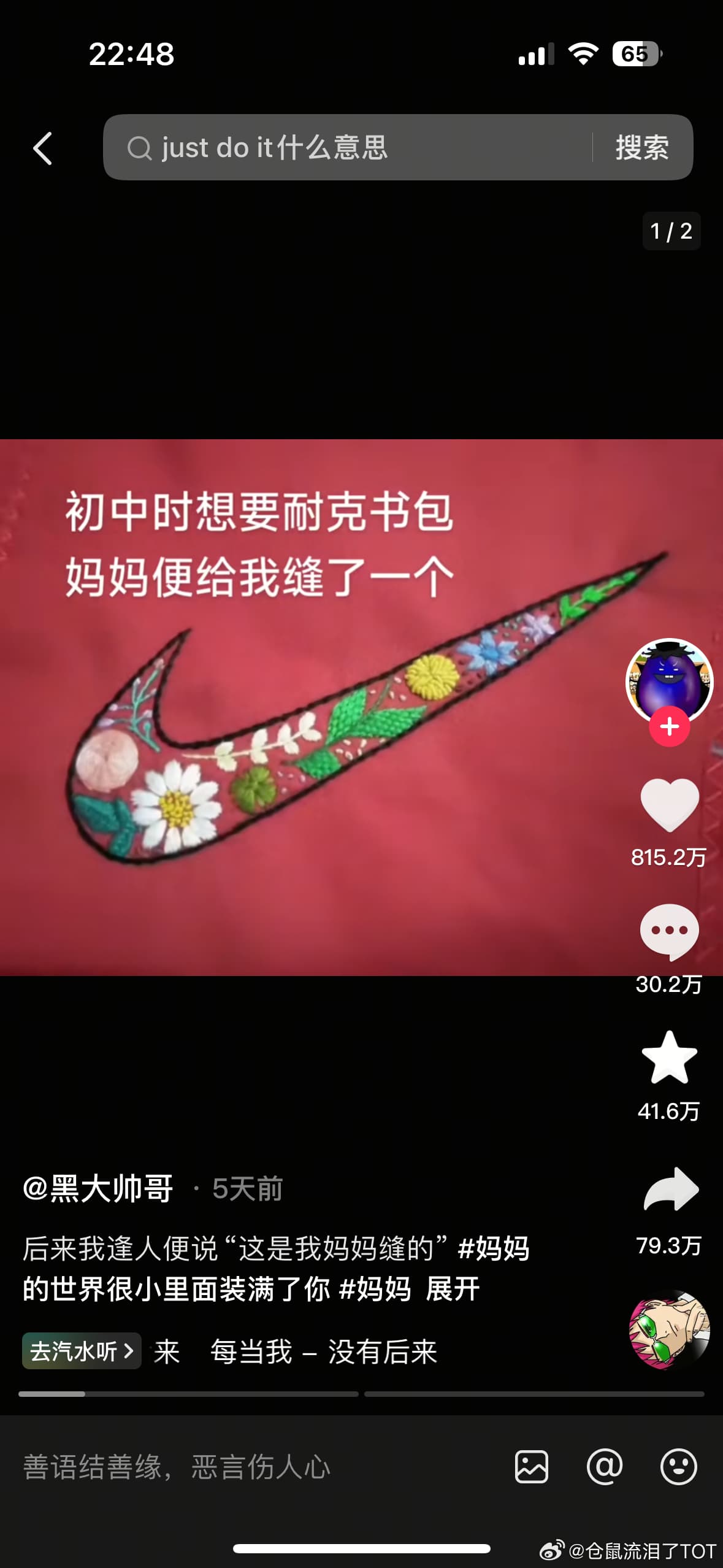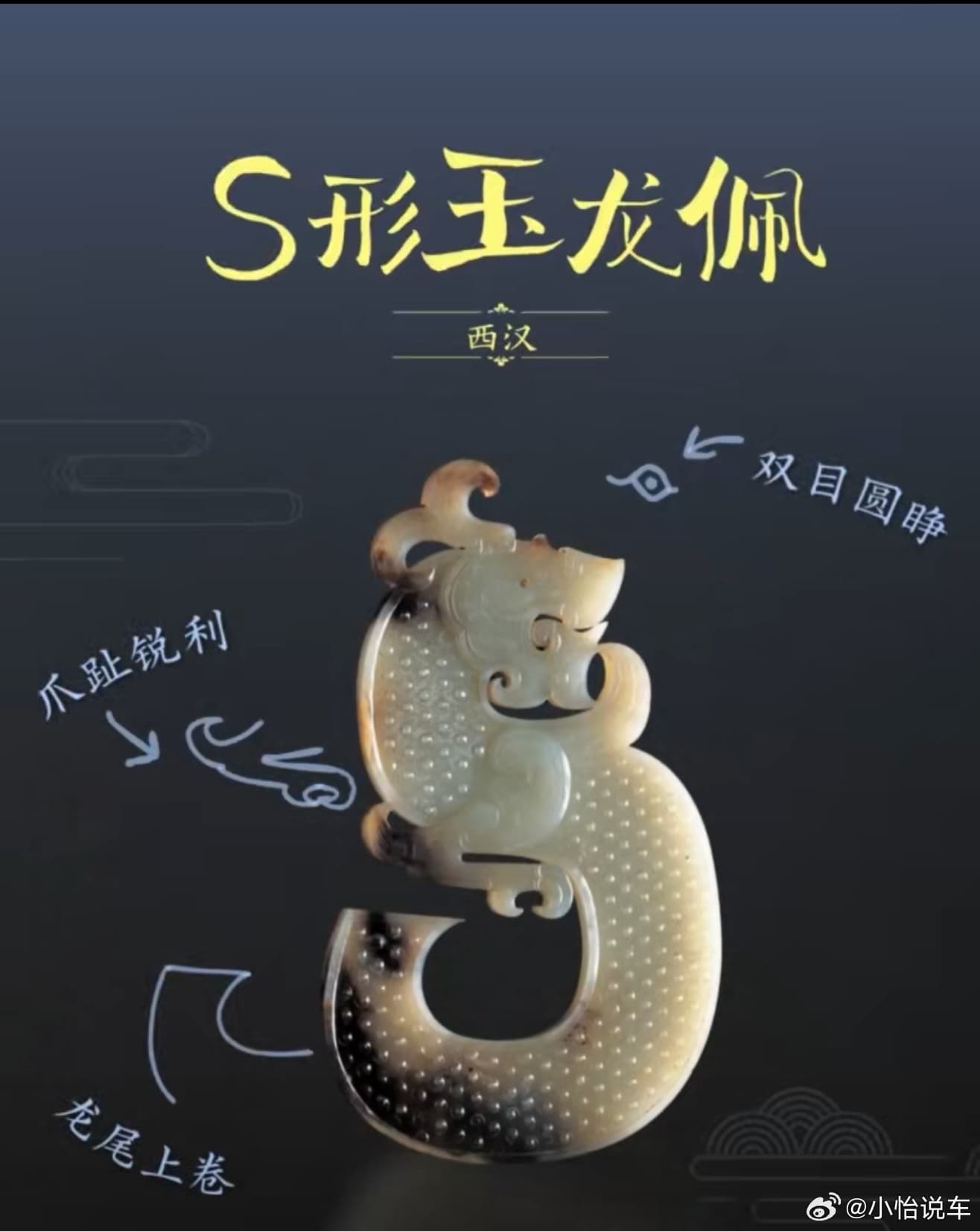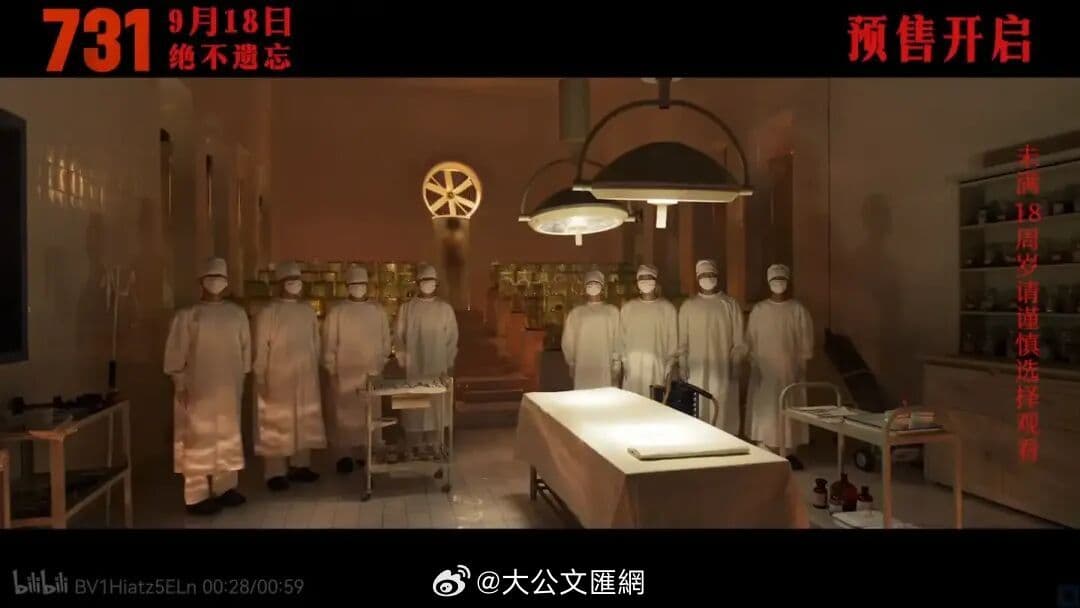China's Cultural Heritage Treasures and the Controversial Bride Price Custom: A Tale of Tradition, Respect, and Gender Equality
Title: The Fascinating World of China's Cultural Heritage and the Debate on Bride Prices China's cultural heritage is a treasure trove of ancient wisdom and artistic prowess, as evidenced by the stunning UNESCO World Heritage Sites such as the Great Wall, Mogao Caves, and the Terracotta Army. These priceless relics are a testament to China's rich history and cultural diversity, and they continue to captivate people both domestically and internationally. A recent social media trend under the hashtag #中国文化遗产有多美 (#HowAmazingIsChineseCulturalHeritage) has been gaining traction, with netizens sharing their favorite cultural heritage sites and experiences. From the intricate craftsmanship of the non-material cultural heritage like the fan-making technique to the intellectual allure of ancient Chinese literature, the conversation revolves around the importance of preserving and promoting these national treasures. In stark contrast to the celebration of China's cultural gems, another heated discussion on Weibo centers around the controversial topic of bride prices, or cáijiā (彩价), as it is known in Chinese. The hashtag #古代的彩礼要花多少钱 (#HowMuchDidBridePricesCostInThePast) has sparked a lively debate on the custom's historical context, significance, and impact on modern-day society. Historically, bride prices were a symbol of respect and acknowledgment of a woman's value within her family and society.

23 May 2024
The practice varied across different regions and eras, with some families receiving valuable gifts such as clothing, jewelry, and livestock, while others accepted more symbolic items like fans, tea, and peaches. The intention was to create a harmonious bond between the two families by demonstrating sincerity, generosity, and goodwill. Nowadays, the custom has evolved and, in some cases, become a source of financial burden and stress for both families. The rising cost of bride prices, coupled with increasing property and living expenses, has led to discontent and has even contributed to the "leftover women" phenomenon. This issue has fueled the debate on whether the custom should be preserved or abolished, with opinions ranging from maintaining tradition to advocating for gender equality and financial autonomy. The topic has also gained the attention of renowned Japanese sociologist Ueno Chizuko, who recently criticized the custom as a form of "gold-worship" rather than an expression of respect.
Her comments, made during a World Book Day online event, sparked controversy and divided opinions among Chinese netizens. A separate but related hashtag, #彩礼习俗会随时代发展消亡吗 (#WillBridePriceCustomsDisappearWithTheTimes), highlights the growing discontent and the call for change. The hashtag features personal stories of financial struggles, as well as opinions from experts discussing the potential impact of abolishing the custom. As the debate rages on, many netizens argue that the focus should shift towards promoting financial independence and gender equality in modern relationships. Proposed alternatives include the "new-style marriage" model, which emphasizes equal contributions from both partners in terms of finances, property, and household responsibilities. The stark contrast between the mesmerizing beauty of China's cultural heritage and the controversial debate on bride prices serves as a reminder of the complexities and contradictions within Chinese society. While the past continues to captivate and inspire, the future lies in the delicate balance between preserving traditions and embracing progressive values. In conclusion, the #中国文化遗产有多美 (#HowAmazingIsChineseCulturalHeritage) and #古代的彩礼要花多少钱 (#HowMuchDidBridePricesCostInThePast) hashtags highlight the importance of both celebrating China's rich cultural heritage and addressing the societal challenges that arise from traditional customs. By fostering dialogue and promoting understanding, these conversations serve as a catalyst for positive change and growth.

Share this article
Related Articles

Mother’s Hand‑Stitched Nike Backpack Goes Viral, Showcasing Love, Craftsmanship and Brand Authenticity in China
By Trending on Weibo
Culture
15 Sept 2025

China’s “National Treasure Highlights” Campaign Turns Heritage Into Global Soft‑Power and Consumer Brand】
By Trending on Weibo
Culture
13 Sept 2025

Mystery Meme: Unraveling China’s “Dissected 14 People, Crumbled by a Letter” Phenomenon】
By Trending on Weibo
Culture
8 Sept 2025

Chinese Netizens Turn Blood Moon Into Viral “Too Abstract” Meme
By Trending on Weibo
Culture
8 Sept 2025

From Song Dynasty Verse to 2024 Drama: The Enduring Echo of “Rain‑Laden Bells” in Chinese Culture
By Trending on Weibo
Culture
8 Sept 2025